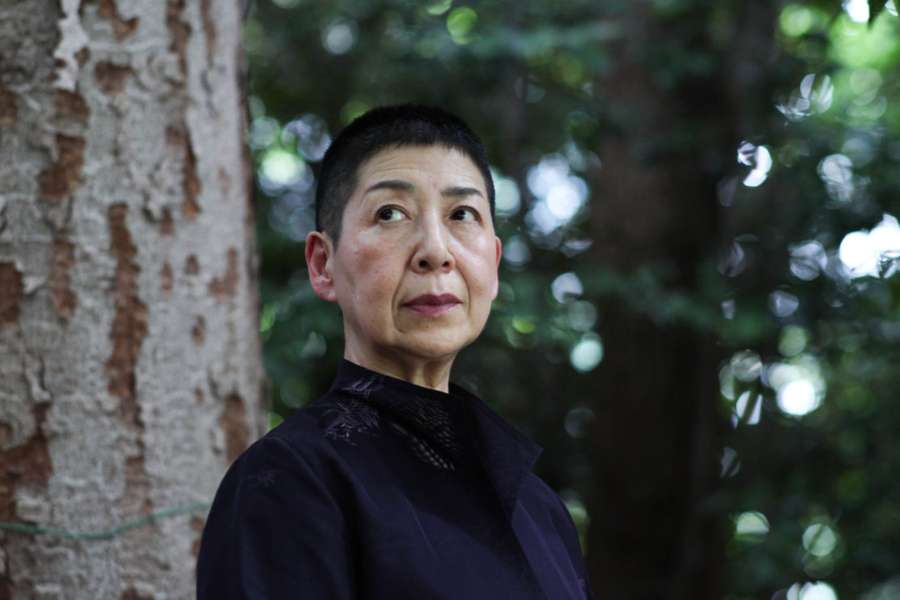One of the many failings of our western media – and there are many – is that it rarely takes the time to look beyond the Western hemisphere for the Next Big Thing. The internet allows us to connect instantly with people across the globe at the touch of a button. Yet, cookies and advertising often leave you trapped in an online vacuum, being fed a cycle of similarities that it is hard to break.
So here is your break: Midori Takada. Prominent in Japan in the 1980s, she was a big player in the minimalist and ambient worlds of music and was hugely influential in that realm. Takada was previously part of the Mkwaju Ensemble, whose work sounds like the sprouting buds of early techno.
For her debut solo release, Through The Looking Glass (1983), Takada gives us a lesson in girls doing it for themselves. Original pressings of the album are a notorious collectible, going for up to $750 on Discogs. Takada recorded the entire album in just two days, playing a huge number of instruments and found objects herself, layering them over one another to create a beautifully soothing warmth. Takada said in an interview with the Guardian, “what I wanted to compose was impossible to notate, and each sound was painted like on a sound canvas.”
Through The Looking Glass is a wonderfully evocative oeuvre, leading you by the hand through a world of moods and colours you couldn’t have imagined. ‘Crossing’ ups the pace, making your heart beat faster, whereas ‘Mr Henri Rousseau’s Dream’ evokes the warmth of childhood sleep. It’s simultaneously soothing and exciting, and a work of refined genius.
Takada’s compositions are an early lesson in beat-making and soundscaping. To everyone at Leeds who thinks they’re a DJ, take a listen to Takada and then we can talk.
Jemima Skala

